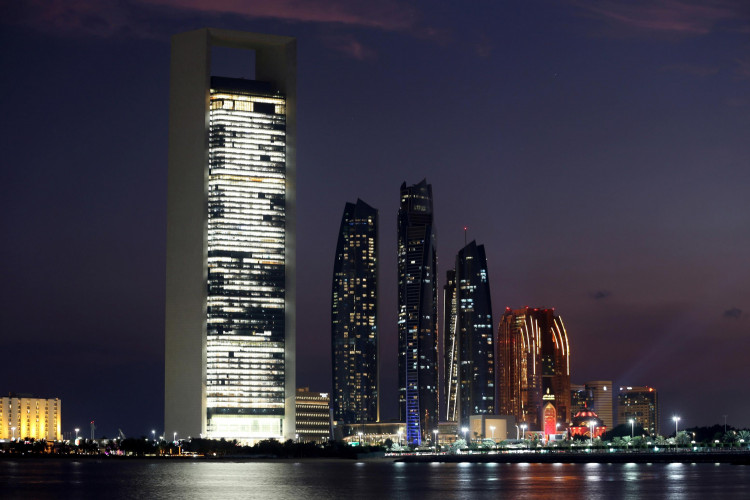On Monday, OPEC stalwart United Arab Emirates announced that it has discovered vast reserves of gas which authorities say would boost the Emirate's energy self-sustainability.
Eighty trillion cubic feet of shallow gas resources have been found between the lands of Abu Dhabi and Dubai, the Abu Dhabi National Oil Co disclosed.
It was only in November last year that Abu Dhabi announced the discovery of new resources containing 7 billion barrels of oil that raises the country's total reserves to more than 100 billion barrels, the sixth biggest in the world.
In a statement, ADNOC said the latest find will reinforce UAE's objective of "achieving gas self-reliance" and enable the establishment of key development projects. Abu Dhabi is the biggest of the seven-state United Arab Emirates.
Executives and state authorities of Dubai and Abu Dhabi were present during the signing of a deal between Dubai Supply Authority and ADNOC for the exploration and development of the gas reserves.
Abu Dhabi authorities have also disclosed the discovery of 58 trillion cubic feet of conventional gas, raising its total reserves to 273 trillion cubic feet, including 160 trillion cubic feet of unconventional gas.
The UAE currently imports natural gas from Qatar for its power utilities. Abu Dhabi authorities said the latest Jebel Ali Field would help the Emirates enhance its self-reliance on this most valuable commodity.
Qatar -- the biggest liquefied natural gas producer in the world -- has been a major source of gas to its Gulf neighbor through the Dolphin Pipeline, despite a blockade imposed by the UAE and three other Arab countries over a years-long political issue.
In June 2017, the Emirates, Saudi Arabia, Egypt, and Bahrain ordered an air, land, and sea barricade on Qatar, which the countries accused of supporting terrorism. Qatari officials have vehemently denied the accusations.
ADNOC Chief Executive Officer Sultan Al-Jaber said that the deal with Qatar reinforces the commitment of the Emirate's national oil producer to ensure a sustainable gas supply and achieve gas self-sufficiency.
Monday's comments gave no details about the timetable for the on-streaming of the new gas supplies or the expected project costs.
Shallow gas supplies are reserves found to be not too deeply trapped from the surface but require advanced production systems.
Qatar produces and supplies major economies with 42 million metric tonnes of liquefied natural gas annually. Most of the total volume of gas is pumped from the North Field, which forms part of the world's biggest gas region that is shared between Iran and Qatar.





